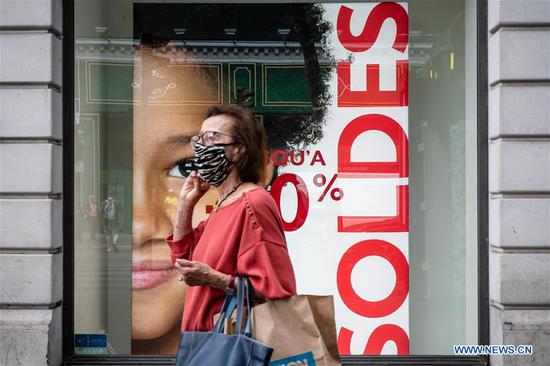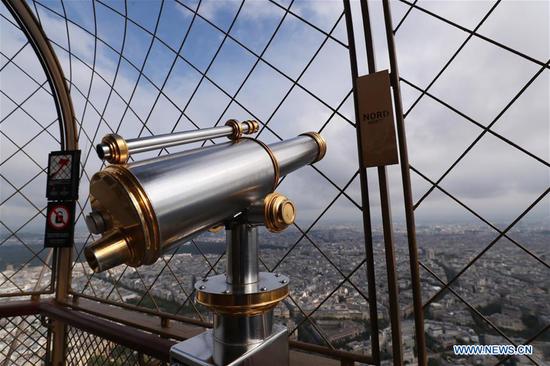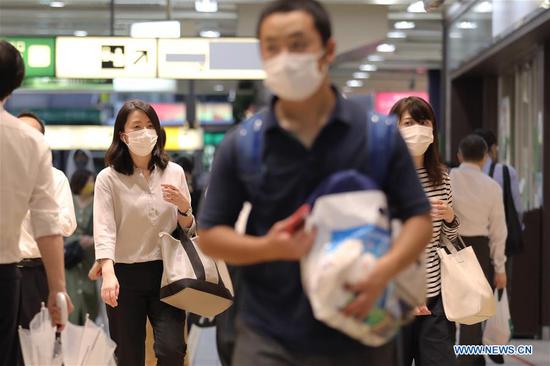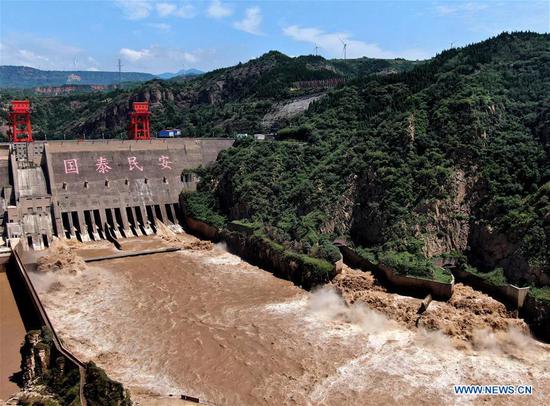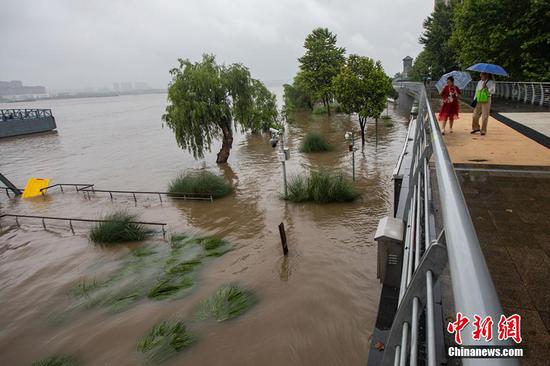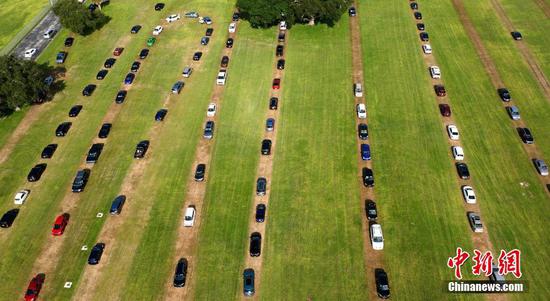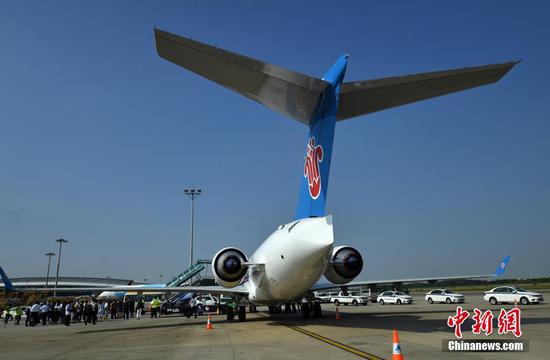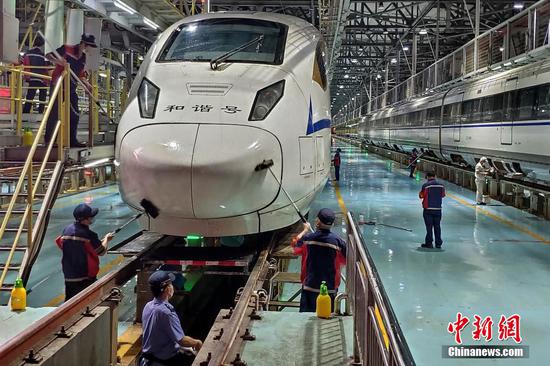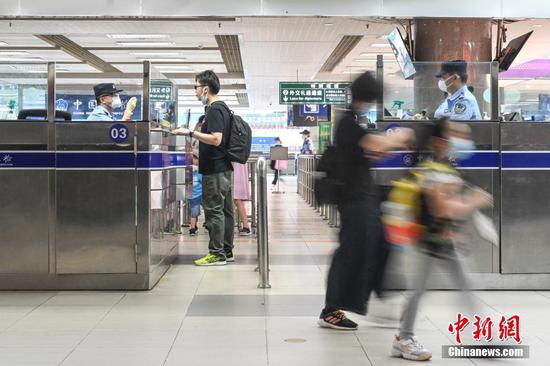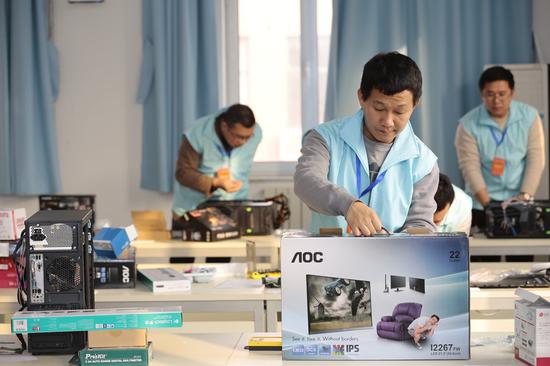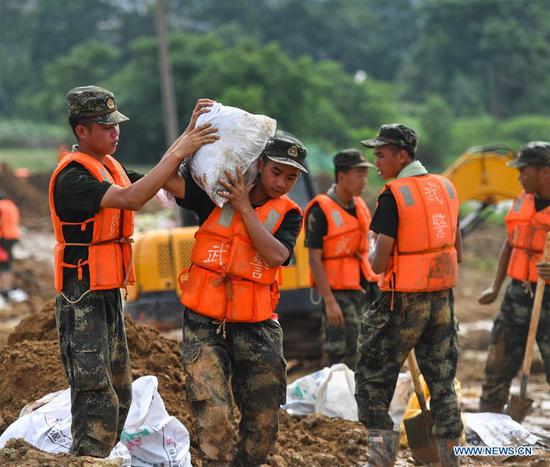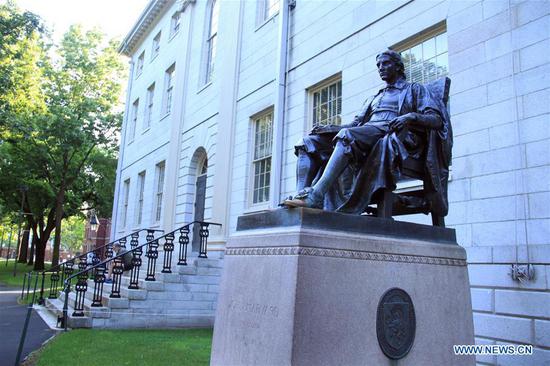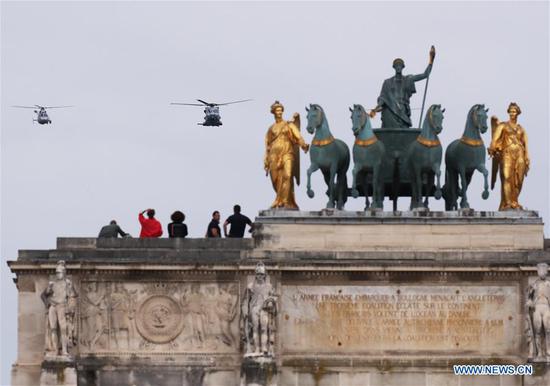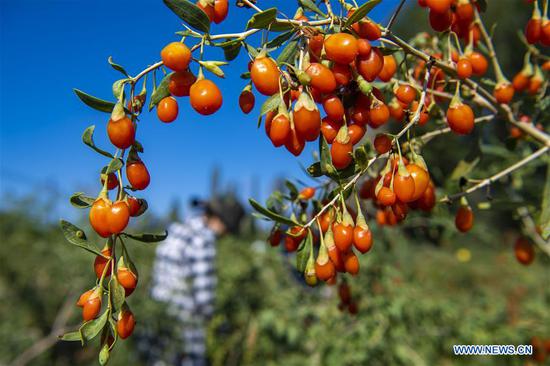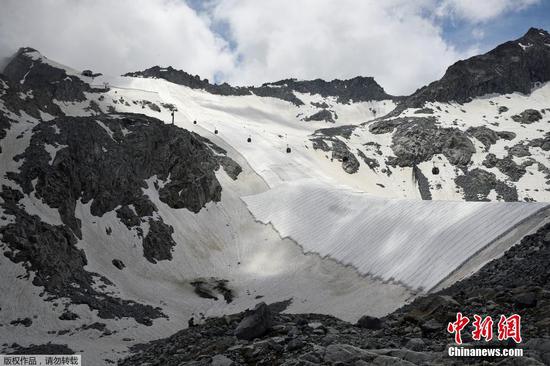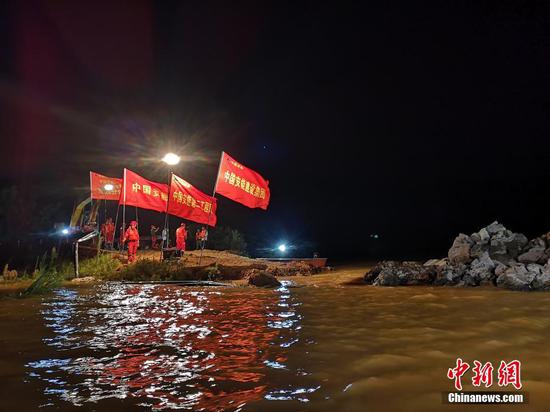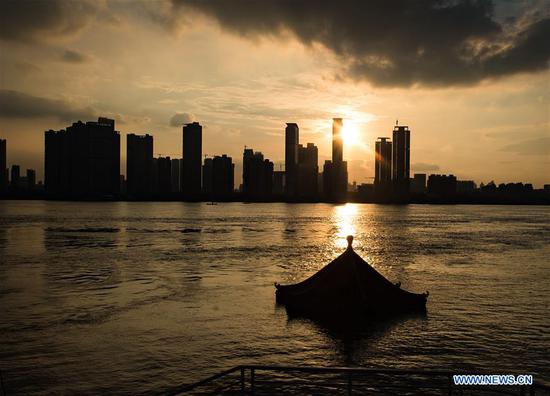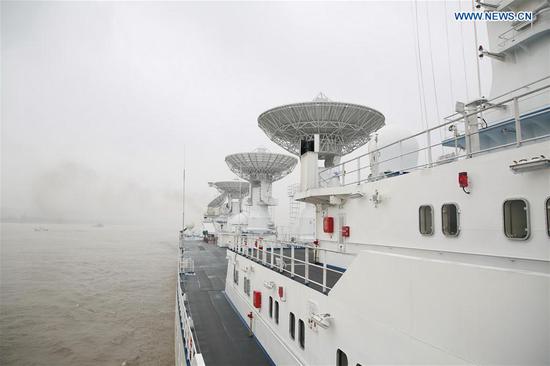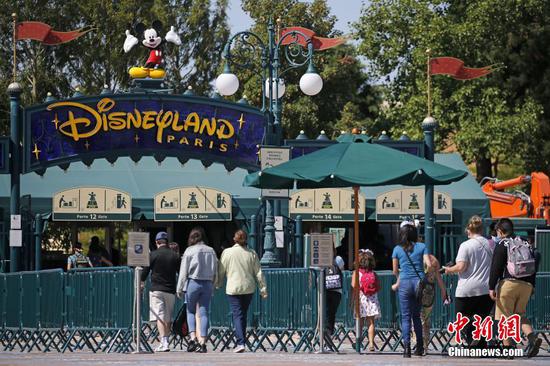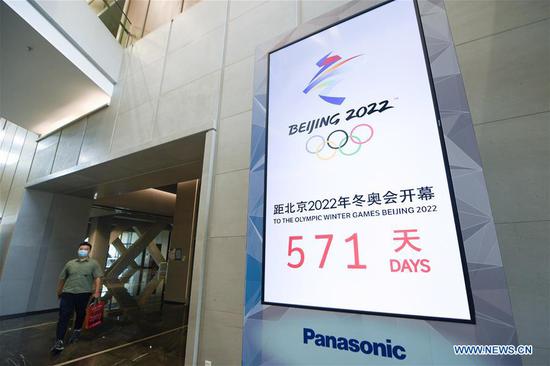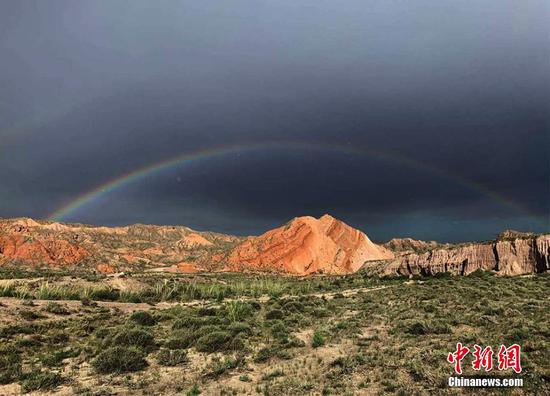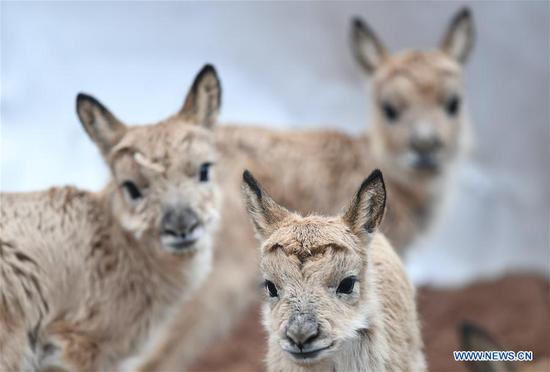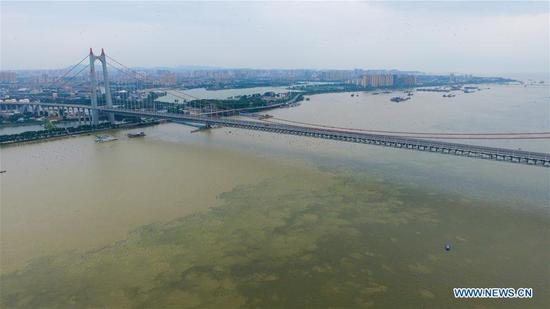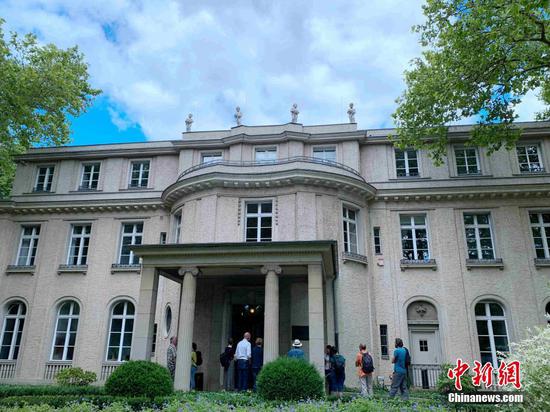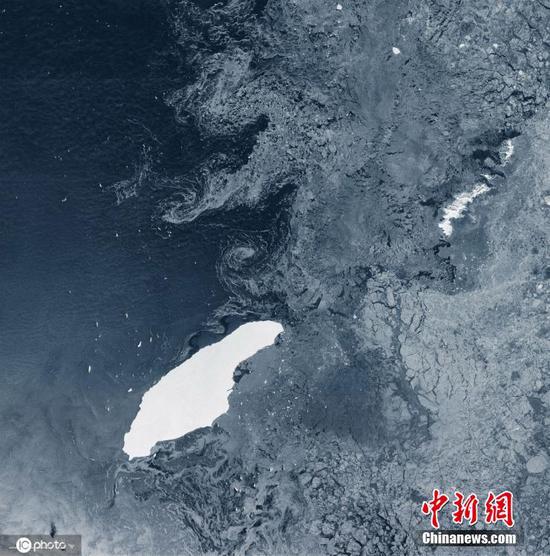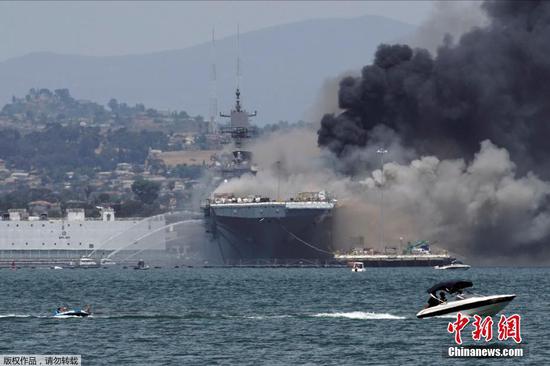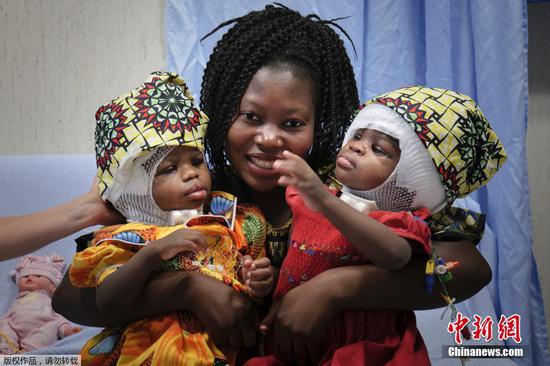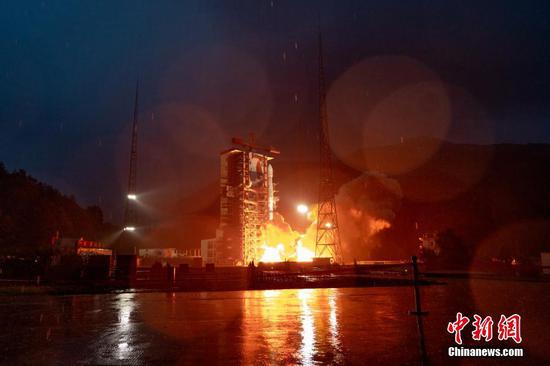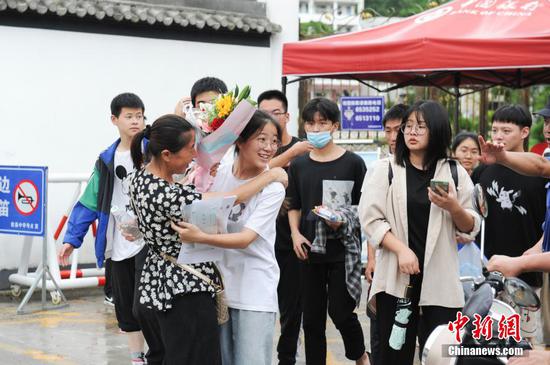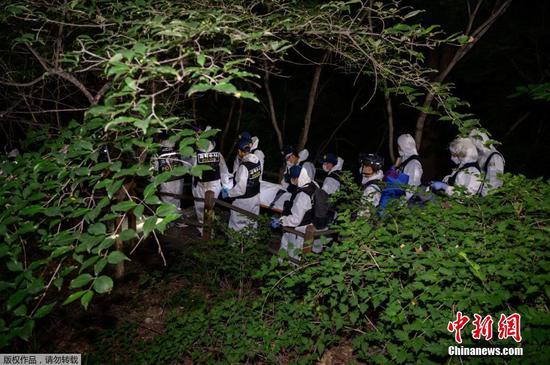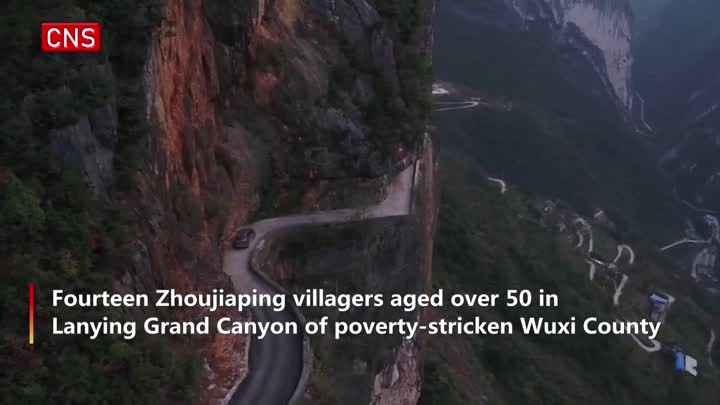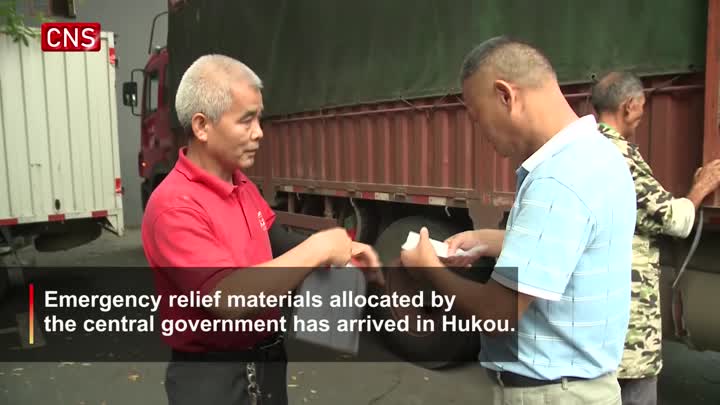Japan's daily COVID-19 cases surged to a three-month high at 622 new cases, official figures showed Thursday evening.
On April 11, the daily figure peaked at 720 new cases.
The nationwide tally was pushed up by Tokyo confirming a record 286 new infections in the capital, with the latest figure surpassing the previous daily record of 243 cases recorded last Friday.
"We will respond appropriately to reduce the number of people being infected," Tokyo Governor Yuriko Koike told reporters. She has indicated that the spike in cases comes amid tests being increased to 4,000 per day.
The latest figure compares to 165 new COVID-19 infections reported a day earlier which remained below 200 for the third straight day, although the number of daily cases has topped 100 since July 2, with the city's latest daily infection tally marking the eight straight day of three digit cases.
Up until July 12, the capital of 14 million people saw cases surpass 200 for four straight days, with untraceable cases, of most concern to officials, doubling in the July 8 to 14 period from a week earlier.
The number of infections in the capital has been increasing since the state of emergency was completely lifted on May 25.
The metropolitan government amid a recent uptick in cases on Wednesday raised its coronavirus alert level to the highest on its four tier scale.
A reading of four means that "infections are spreading" and as such, Tokyo residents have been urged to refrain from making nonessential trips across prefectural borders in a bid to prevent the spread of the virus to other prefectures.
It has also requested that people do not visit nighttime entertainment spots that have not taken the necessary virus prevention measures.
As well as concerns about infections rising in downtown nighttime entertainment districts in Tokyo, the city has also been dealing with localized infection clusters at a theater in Shinjuku Ward, welfare centers as well as nurseries, amid concerns over the virus' resurgence.
Tokyo's neighboring prefectures of Saitama and Kanagawa have also recorded an increase in COVID-19 cases recently, commensurate with the capital's rise in infections.
Kanagawa reported 47 new cases Thursday, bring the total in the prefecture to 1,874 cases, while Saitama has a total of 1,614 infections.
Japan is also dealing with rising numbers of COVID-19 infections on U.S. military bases in Japan's southernmost prefecture of Okinawa.
The U.S. Marine Corps Camp Hansen in Okinawa reported 58 new coronavirus cases, the Okinawa prefectural government said Thursday.
While 73 cases have been linked to U.S. Marine Corps Air Station Futenma, an additional five were confirmed at Kadena Air Base, and one each at Camp McTureous and Camp Kinser, officials said.
The total number of COVID-19 cases at U.S. military bases in Okinawa now stands at 138, the prefectural government said, adding that amid fears of the virus spreading to the local population, an elderly taxi driver had tested positive for COVID-19.
The driver, in his 80s, was known to have had contact with U.S. military personnel, officials said.
Okinawa Governor Denny Tamaki asked the U.S. side to clarify whether or not they are taking the necessary virus prevention measures, including two-week quarantine.
Tamaki has called for the Japan-U.S. Status of Forces Agreement (SOFA) to be reviewed as U.S. military personnel are exempt from Japan's quarantine rules and travel bans.
Koike, meanwhile, has spoken out recently about about the central government's plans to boost domestic tourism through its Go To Travel Campaign subsidy program slated to begin on July 22.
She suggested the move could lead to the virus spreading across prefectural lines amid the metropolitan government's moves to encourage people to refrain from making unnecessary trips across prefectural borders to curb the spread of the virus.
"It is like putting cooling and heating systems on at the same time. I'm not sure how we are supposed to deal with that," Koike has said, amid the city's recent spike in cases and those in prefectures surrounding the capital.
Kazuyoshi Akaba, Japan's minister of land, infrastructure, transport and tourism, said Thursday that trips within Japan by Tokyo residents as well as visits to and from Tokyo will now not be supported by the planned subsidy program aimed at bolstering domestic travel.
The government has said its Go To Travel Campaign will still go ahead, however, from July 22, with the idea being that by subsidizing accommodation and transport fees, more people would be encouraged to take domestic trips.
But the campaign has met with resistance from concerned parties who fear that the plan will only serve to increase the spread of COVID-19 infections as more people cross prefectural borders.
Other local government's along with opposition parties have called on the government to rethink its Go To Travel Campaign, urging the idea to be postponed or its introduction staggered amid the virus' resurgence and due to numerous areas being flooded and hit by landslides following torrential rain hitting wide swathes of the country recently.
Main opposition Constitutional Democratic Party of Japan head Yukio Edano said it is untimely to be promoting tourism right now.
"We need to stop and rethink it," Edano said.
Toshio Nakagawa, president of the Japan Medical Association, said that "extreme caution" would be required by the government in launching the campaign.
"The program was originally planned to start after coronavirus infections are contained and it's not a good idea to bring it forward," Nakagawa told a press briefing on the matter.
Koike has also voiced concern about the central government relaxing its guidelines for holding large sporting and other events.
Economic revitalization minister Yasutoshi Nishimura, who is also in charge of the coronavirus response, has said in terms of the government recently allowing the number of people to attend sports, music and other large events to be raised to 5,000 spectators, the central government along with experts would reconsider this decision.
Regarding Thursday's spike in numbers, Nishimura said, "We are worried about the gradual increase in the number of middle-aged people in Tokyo who are newly confirmed to be infected."
Japan's top government spokesperson, Chief Cabinet Secretary Yoshihide Suga, has said that striking a balance between measures to prevent the virus from spreading while not stifling economic activity, was the central government's objective.
The latest rise in cases brings Tokyo's cumulative total to 8,640 COVID-19 cases, the highest among the nation's 47 prefectures and accounting for more than one-third of all cases nationwide, official figures showed Thursday.
Japan's cumulative number of COVID-19 cases has now risen to 23,657, not including those related to a cruise ship that was quarantined in Yokohama near Tokyo earlier this year.
The nation's total death toll now stands at 998 people, Thursday evening's official figures showed.











